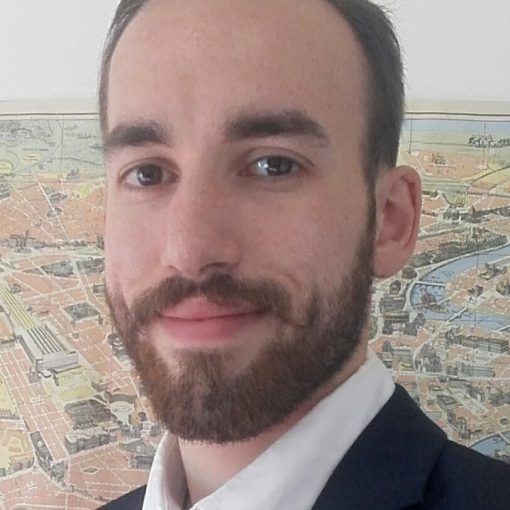European Union Geopolitical Watch Team: Sara Brouwers, Etienne Mathieu
03/01/2022: Ursula von der Leyen and Nicolas de Rivière call for unity and humanitarian aid in Ukraine. -Sara Brouwers-
On Monday 28 February, Martin Griffiths, Under-Secretary-General for Humanitarian Affairs and Emergency Relief Coordinator, noted that the upheavals of the past few days had deepened the pre-existing humanitarian crisis. “It goes without saying that the humanitarian needs are much greater today“, he said. The very next day, Nicolas de Rivière, France’s representative to the Security Council, “reiterated his call for safe and unhindered humanitarian access to all people in need. He was joined by the President of the Commission, Ursula von der Leyen, who promised on the same day “to commit at least 500 million euros from the European budget for humanitarian assistance“. In France, as in the rest of Europe, solidarity with Ukraine has been organised to collect money, medical equipment, basic necessities, food rations and thermal clothing.
03/02/2022 : The European Union takes action against the distribution of Russian media to its member countries. -Sara Brouwers-
In addition to the economic and trade sanctions against Russia, the European Union has also chosen to ban the Russian media outlets RT and Sputnik in a text that came into force on 2 March. For Russia Today (RT), the sanction is a ban on access to its multimedia content. For Sputnik, the end of its translations of articles in German, English, German, French and Spanish. These bans, legally justified by the “sanctions regime“, followed Ursula Von der Leyen’s speech on 27 February when she said that Europe had to “ban the Kremlin’s media machine“. The aim of the ban was for Europe, according to the President of European Commission, to prevent the Russian media from “spreading their lies to justify Putin’s war and to sow division in our union“.
02/28/2022: European Union decides on additional sanctions against Russia. -Etienne Mathieu-
Monday, February 28, a videoconference brought together the leaders of France, the United States, the United Kingdom, Canada, Germany, Italy, Japan, Poland and Romania. Emmanuel Macron, backed by the French presidency of the Council of the European Union, announced that additional sanctions had been decided. These sanctions must affect the Russian economy fueling the war in Ukraine, but also the property of Vladimir Putin and those close to him. On February 25, the assets of the Russian president in Europe were already frozen, as well as those of his Foreign Minister Sergei Lavrov.
02/02/2022: Nearly 2,500 migrants try to enter the enclave of Melilla. -Etienne Mathieu-
On Wednesday February 2, nearly 2,500 migrants from Morocco tried to cross the fence separating the Spanish enclave of Melilla from the rest of the African continent. About 500 of them succeeded. The prefecture of Melilla speaks of a group of people “from sub-Saharan Africa“. The two enclaves of Ceuta and Melilla, surrounded by Moroccan territory, are direct gateways to the European Union. It is the European Union’s only land border with African countries.
03/03/2022: Macron speaks with Vladimir Putin and with Volodomyr Zelensky and calls for a future European Army. -Etienne Mathieu-
Emmanuel Macron spoke on the phone with Vladimir Putin Thursday 3, at the request of the Russian president. The interview lasted an hour and a half. The French president called for an end to strikes against civilians and insisted on the need to secure Ukrainian main roads. Prime Minister Jean Castex considered that Vladimir Putin was “holding his positions“. This third conversation between the two heads of state comes as Ukraine and Russia prepare for new negotiations. Emmanuel Macron also conversed with Volodomyr Zelensky. In addition, the President of the French Republic declared that the European Union should in the future have its own army. The French embassy in Ukraine was recently moved to Lviv, near the western border.
04/03/2022: Ukraine, Georgia and Moldova request membership of the European Union – Etienne Mathieu –
Ukrainian President Volodomyr Zelensky has applied for his country’s membership of the European Union, “via a new special procedure“. Indeed, the usual procedure takes several years. The countries that recently joined the Union have gone through a pre-accession period, with economic aid and preparations for the transposition of European law. Finally, a new membership requires the agreement of all the states that are already members. Georgia and Moldova have also applied for membership. Together, the three states form the “associated trio”, linked to the European Union by association agreements. These demands come in the context of the Russian invasion of Ukraine. Georgian President Salome Zurabichvili explains that these memberships could consolidate Europe by avoiding presenting “weak links” in the face of the Russian threat.






